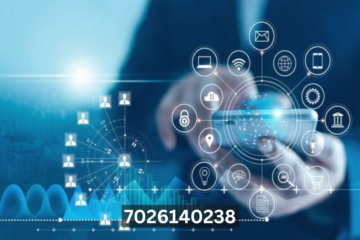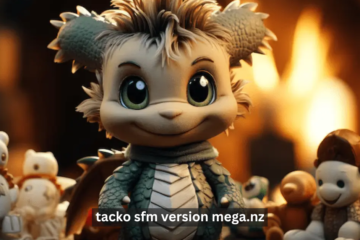Virtual vocalists also known as singers are run on the basis of machine learning algorithms and challenge traditional music performance and creativity. These AI singing generators or virtual vocalists sometimes exceed the capabilities of humans by producing songs that are beyond the human imagination.
In this article, we will explore how these virtual vocalists work and their transformative role in the music industry.
How do AI Singers Work?
AI singer or virtual vocalists are the result of joining the large number of data of vocal recordings and machine learning techniques. This involves the following steps.
✔️ Data Collection:
Thousands of vocal samples of various tones, styles, pitches, and dynamics are collected and recorded. These samples may be produced by the synthesized voices or the professional singers.
✔️ Training the AI Model:
Then this collected data is used to train the AI model on the basis of frameworks of deep learning. Models like RNNs and GANs are commonly used. These models examine vocal distinctions like vibrato, timbre, and pronunciation, to learn how to create a real singing voice.
✔️ Generating Vocals:
When AI models are trained, AI can create singing by inputting the lyrics, musical scores, and vocal characteristics such as tempo, emotion, and pitch. Then AI converts this into the audio output by creating an expressive and seamless vocal performance.
✔️ Customization:
AI singers are being customized to produce specific accents, styles, and languages which make them different tools for global music production.
✔️ Human Collaboration:
In many cases, producers and musicians collaborate with human musicians and artists by using AI Voice Singing. The vocals which are produced by the AI may fill the gap of the challenges created by the live performances such as unusual vocal effects and pitch ranges.
Applications of AI Singers:
Singing AI is applicable in many domains of the music industry, which are given below.
1. Music Production
By increasing efficiency and reducing costs AI has completely changed music production.
- Without requiring a live singer AI provides the best quality vocals.
- Without expensive studio sessions, AI enables independent artists and musicians to access professional-grade vocals.
- AI enables artists and musicians to experiment with different vocal styles.
2. Personalized Music
AI Voice Singing has personalized the music. Users can:
- Produce songs that are personalized to their tastes like emotional expressions and specific vocal tones.
- Produce music and languages which make lack human singers.
3. Virtual Performances and Avatars
Digital avatars and virtual performances which are powered by AI becoming popular. Singing AI can:
- Offer amazing experiences for the audiences by performing in virtual reality.
- AI singers can behave like virtual idols.
4. Educational Tools
For music education, AI tools are precious and valuable. They can:
- By giving and providing feedback on their musical ideas, AI helps the students to learn the composition.
- For learners to emulate and study, AI demonstrates the vocal style and techniques.
5. Accessibility in Creativity
The individuals who are vocally and physically localized, AI singers open the ways for them to create musical expression. By choosing the musical parameters and typing the lyrics, everyone can produce songs.
6. Language and Cultural Adaptation
AI singers are the most powerful tools for crossing the linguistic and cultural barriers by adopting singing in many languages. They can:
- AI singers retain the original melody by performing and translating songs in different languages.
- They make global music more inclusive by copying the vocal traditions and regional accents.


